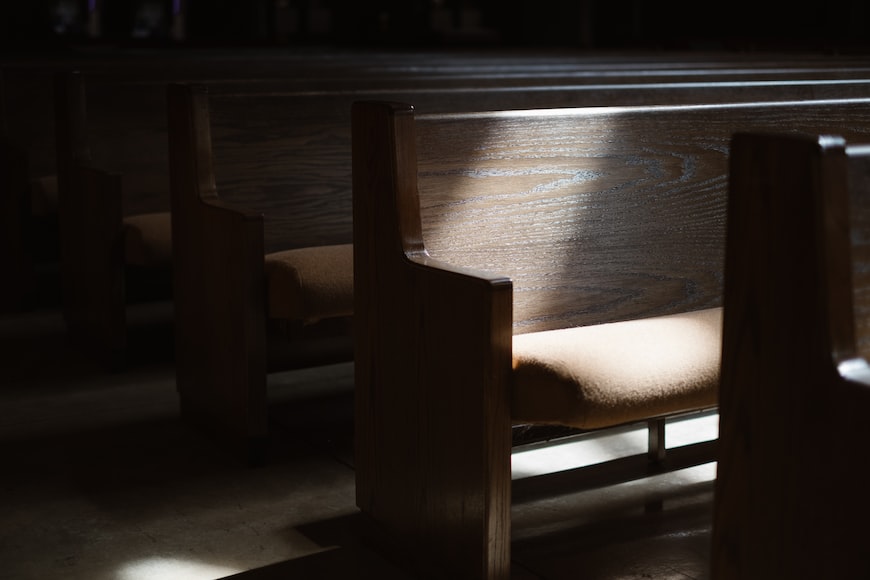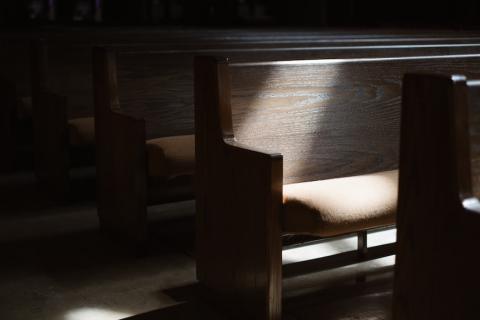

Last weekend, over 400 Methodist churches in Texas voted to leave their parent denomination, the United Methodist Church (UMC). Their decision followed the mass exodus of Methodist congregations in other Southern states, including North Carolina, Alabama, Louisiana, Georgia, Arkansas and Florida.
The departing congregations joined the more conservative Global Methodist Church over concerns that the UMC has grown too liberal on key cultural issues — most importantly, LGBTQ rights. They are part of a larger schism within other mainline Protestant denominations (namely, Episcopalians and Baptists), ostensibly over the propriety of same-sex marriage and the ordination of LGBTQ clergy, though in reality, over a broader array of cultural touchpoints involving sexuality, gender and religious pluralism.
At first blush, this might seem like an issue that’s peripheral to American politics — a purely religious matter. But it’s actually an indicator of just how fractured our politics have become. And if history is any indication, it’s about to get even worse.
The last major split in the church occurred in the 1840s, when the question of slavery opened a rift in America’s major evangelical denominations. For years, the churches had successfully contained debates over the propriety of slavery. Denominational leaders, clergymen and parishioners largely agreed to disagree. When the schism did finally come, many observers worried that the inability of the churches to maintain unity portended something far more serious. And they were right.
Amid handwringing over the current state of political polarization, it’s worth revisiting the religious crackup of the 1840s. The United States is not likely staring down the barrel at a second civil war, but in the past, when churches split over politics, it was a sign that country was fast coming apart at the seams.
In the early 19th century, most of the major evangelical denominations — Methodists, Baptists and Presbyterians — formally opposed the “buying and selling of men, women, and children,” in the words of the Methodist Book of Discipline, which from the church’s very inception in the 1790s took an unequivocal stance against slavery. The Presbyterian General Assembly echoed this sentiment in 1818 when it held “the voluntary enslaving of one part of the human race by another, as a gross violation of the most precious and sacred rights of human nature, as utterly inconsistent with the law of God.” Baptists, the largest denomination in the antebellum period, were a decentralized movement, but many local bodies similarly condemned slaveholding.
None of these positions aligned the churches with the immediate abolitionism that William Lloyd Garrison, the preeminent abolitionist newspaper editor, and his allies championed, but they placed the nation’s largest evangelical bodies squarely in the moderate antislavery camp — on paper, at least..
- ‹ Previous Article
- Next Article›
- NY Times Suddenly Gets Religion: Embraces Sen. Warnock, ‘Who Sees Voting as Prayer’
- Much Ado About Independent Kyrsten Sinema


